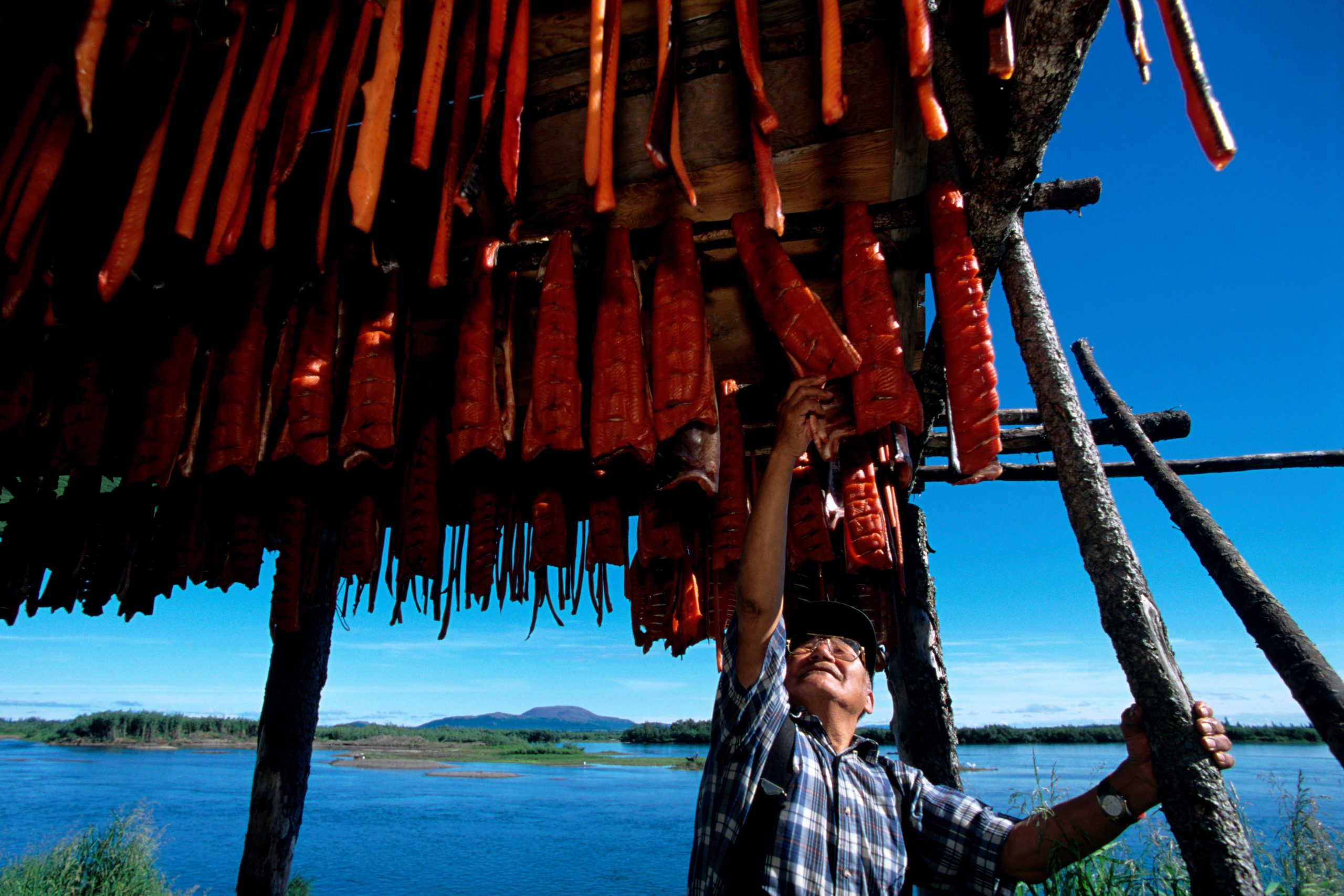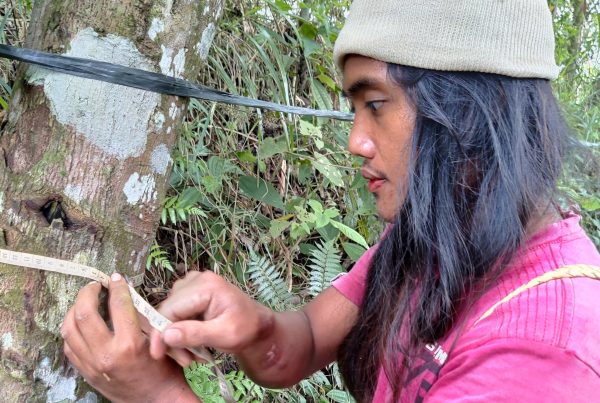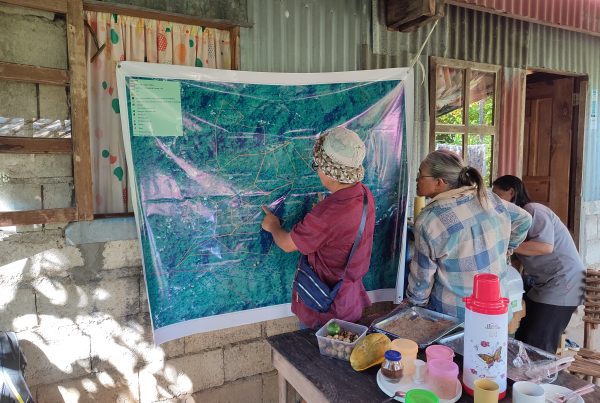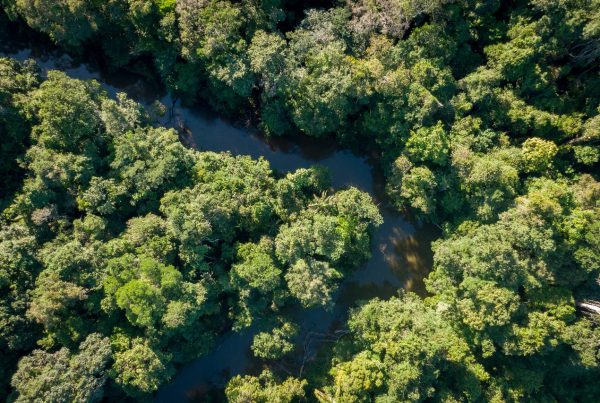The Inuit Circumpolar Council 1 office in Alaska has facilitated a project that explores what impedes or supports Inuit food sovereignty and self-governance. In 2019, as part of this work, 24 Inuit indigenous knowledge holders gathered for a workshop exploring food sovereignty and self-governance in the Arctic.
Throughout the discussion, participants underlined how the increasingly unpredictable weather patterns are affecting hunting and harvesting, and the challenges arising from regulations that are not adapting to the changes that are occurring.
Weather conditions are not aligning with traditional harvesting times. For example, it is important to harvest salmon when the weather is conducive to drying the meat and before flies arrive. The recent increase in precipitation during a time once known to be dry is requiring people to adapt to the time of harvesting. In other cases, people chose not to harvest because it was not possible to process the catch without waste. For example, in one community a decision was made not to harvest beluga because the animal could not be processed fast enough in the high temperatures.
Participants also shared their experiences of decreasing accessibility of food sources due to climate change: in one year, four Alaska communities declared harvest disasters because they were unable to access walrus due to sea ice conditions. For other community representatives, access to food has decreased due to erosion (unable to access or loss of hunting camps; loss of ground; and relocation), late ice freeze-up, early ice break-up, change in movement of ice, and unsafe weather conditions.
Participants noted that even with the change it is important to understand that animals have cycles (considering abundance, movement, etc.). As one participant shared, “Some years, we had pretty good season. And some years, look like everything is gone.” Other participants noted the importance of understanding and using our knowledge and rules. For example, when animals offer themselves and they are not taken, their numbers will decrease. Or when animals are disrespected, they will not offer themselves.
Throughout the meeting, participants stressed the need for involvement of indigenous knowledge and stronger co-management structures to have a holistic and adaptive response to the changes that are occurring.
Drying salmon in Alaska, an activity impacted by changing weather conditions that are now not aligning with traditional harvesting times. Credit: Karen Kasmauski.
Author
- Inuit Circumpolar Council
Ecosystems
- The Arctic
Topics
- Food
- Knowledge, Culture and Spirituality
Type
- Short-form
Date
- This case study forms part of LBO-2, originally released in 2020.



